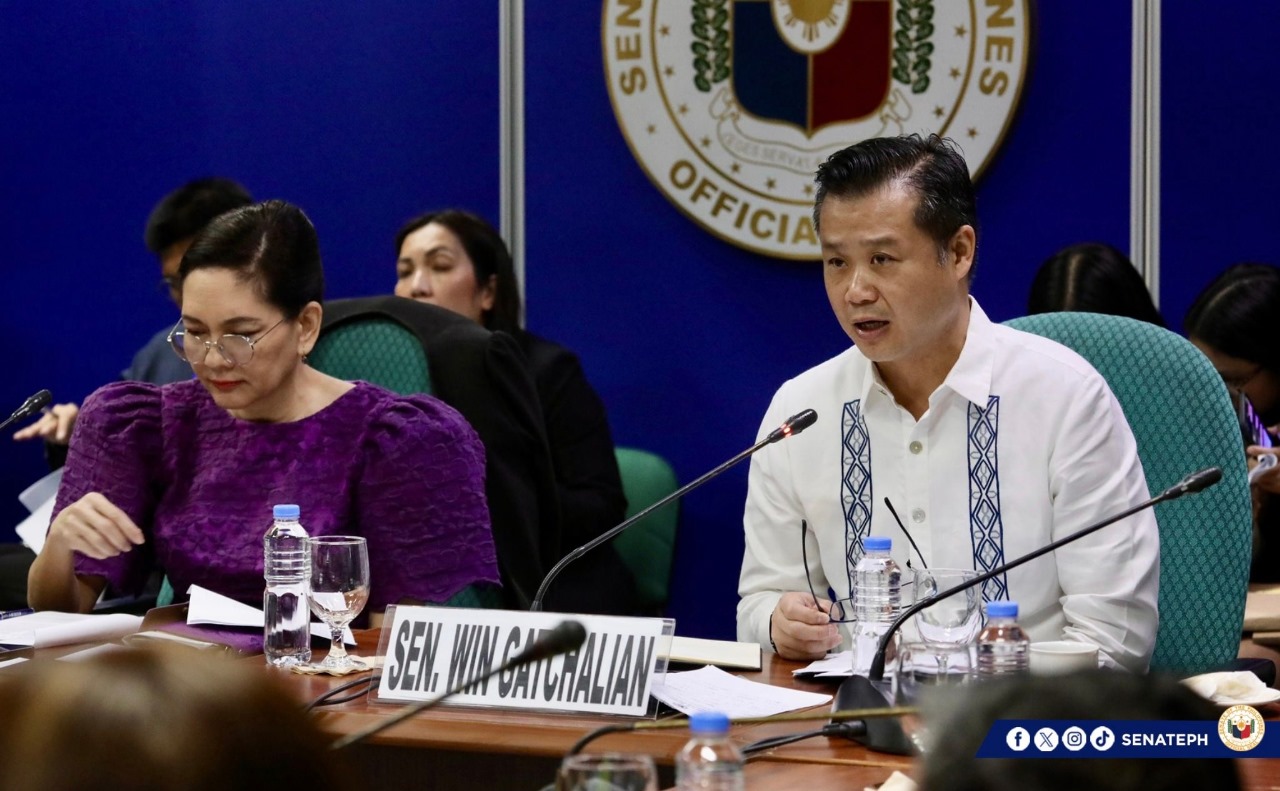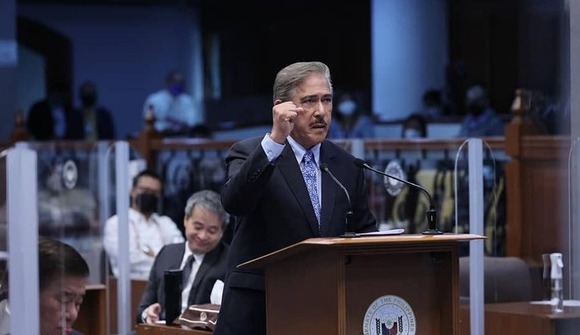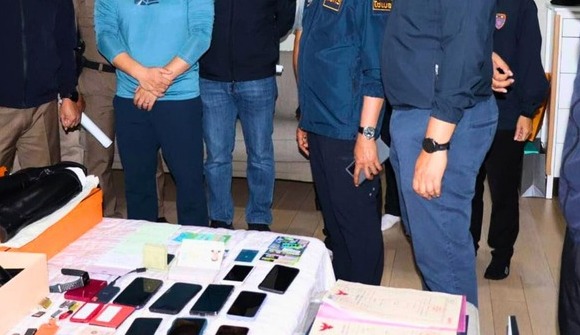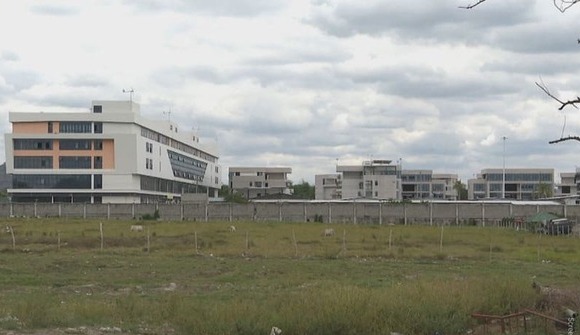
New Bills in Congress to Impose Heavier Penalties vs Spying
Two bills have been introduced in the House of Representatives to expand the scope of the Philippines’ anti-espionage laws. These legislative measures seek to penalize espionage activities not only during times of war but also in times of peace. Lawmakers are also aiming to impose heavier penalties for various acts of spying, reflecting growing concerns about national security.
Representative Rufus Rodriguez of Cagayan de Oro City’s 2nd District is the driving force behind these proposals. In a statement, Rodriguez emphasized the need for stronger anti-espionage measures. He highlighted fears regarding foreign spies, particularly from China, infiltrating government offices, local government units, and even the private sector. Rodriguez also noted that some Filipinos have been implicated in spying for foreign governments.
“We have to be wary of these Trojan horses,” he was quoted as saying in a PNA report. “Especially our compatriots who sell their souls and services to foreign interests.” His comments underscore a heightened awareness of espionage as tensions continue to escalate in the West Philippine Sea.
Rodriguez referenced the recent controversy surrounding dismissed Bamban, Tarlac Mayor Alice Guo, who has been labeled an alleged Chinese spy, although she has strongly denied these allegations. This situation has contributed to the urgency of addressing espionage through legislative action.
These bills were filed after Defense Secretary Gilberto Teodoro Jr. called upon Congress to amend existing espionage laws. Teodoro pointed out that current regulations only apply during wartime, leaving the country vulnerable to threats during peacetime. His remarks have been echoed by various lawmakers who recognize the changing landscape of global security.
In his explanatory notes, Rodriguez stressed the need for a comprehensive review of the existing espionage laws. He argued that amendments are necessary to adapt to evolving global security threats and technological advancements. “The country faces numerous threats from foreign intelligence services, terrorist organizations, and cybercriminals,” he stated, emphasizing the need for a robust legal framework to combat these challenges.
The two bills aim to enhance legal protections against espionage by updating definitions and increasing penalties. Bill No. 10983 proposes amendments to Article 117 of the Revised Penal Code, making espionage punishable in both times of peace and war. The proposed penalties include imprisonment ranging from six months and one day to six years for individuals found guilty of:
– Illegally entering a warship, fort, or military establishment to obtain sensitive information.
– Planning, photographing, or gathering confidential data related to the defense of the Philippines.
– Disclosing sensitive information acquired through their public office to foreign representatives.
If the offender is a public officer or employee, the penalties would increase accordingly, highlighting the expectation of greater accountability for those in positions of trust.
Bill No. 10988 takes a further step by expanding the coverage of espionage activities and imposing heavier penalties for violations. The proposed penalties in both peacetime and wartime are significant and include:
– Life imprisonment and a fine of not less than PHP 2 million.
– Life imprisonment or a fine of not less than PHP 1 million, or both.
– Imprisonment for up to 30 years or a fine of not less than PHP 500,000, or both.
– A jail term of 10 to 12 years or a fine of not less than PHP 500,000, or both.
Rodriguez is urging congressional leaders to prioritize these proposed bills.
Read related article: DND Chief Wants Tougher PH Espionage Law in Response to Claims That Alice Guo is a Chinese Spy
Other Interesting Articles
 Top 5 Most Searched Casino Games in the U.S. Revealed
Top 5 Most Searched Casino Games in the U.S. RevealedOct 22, 2024











